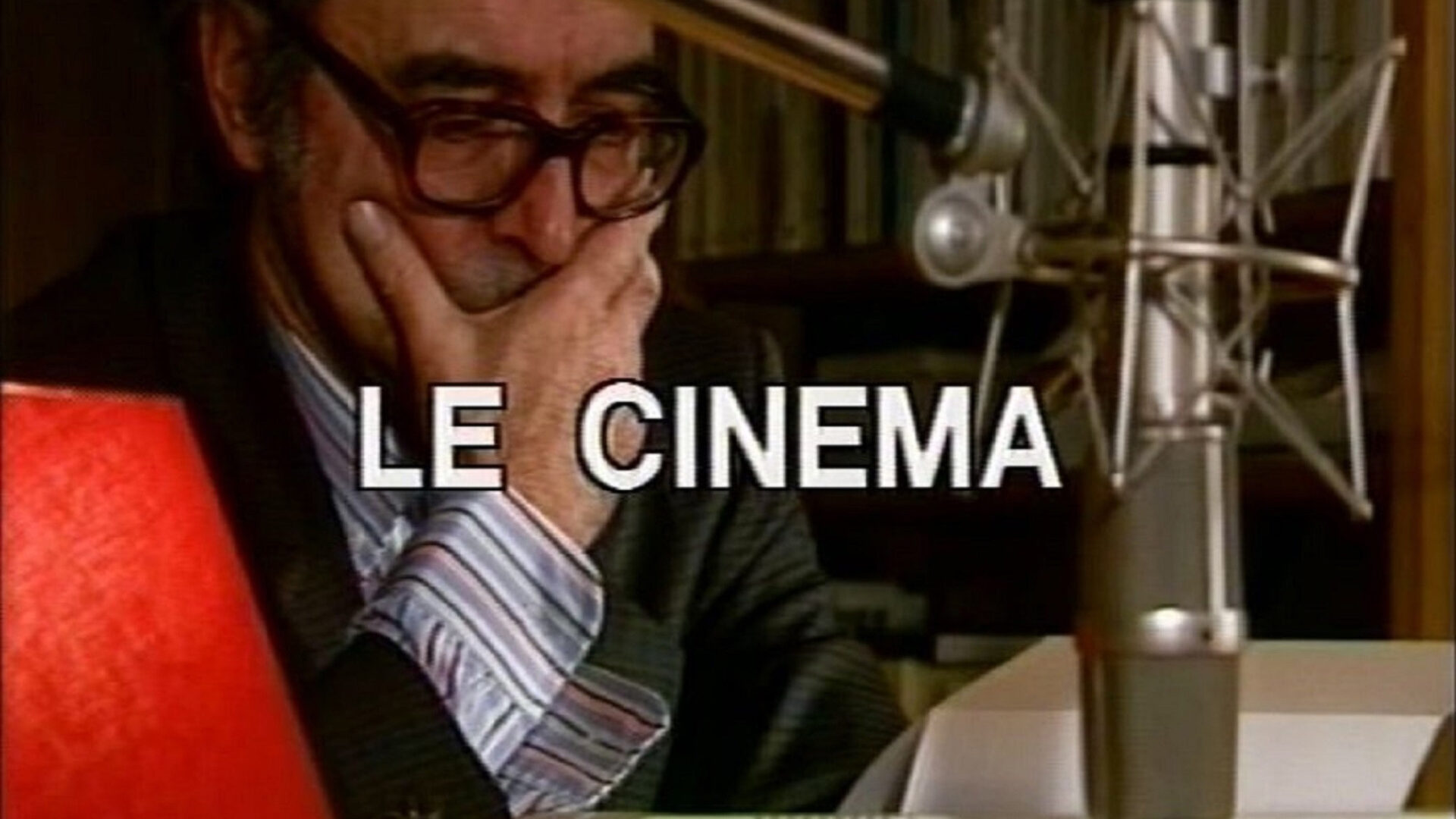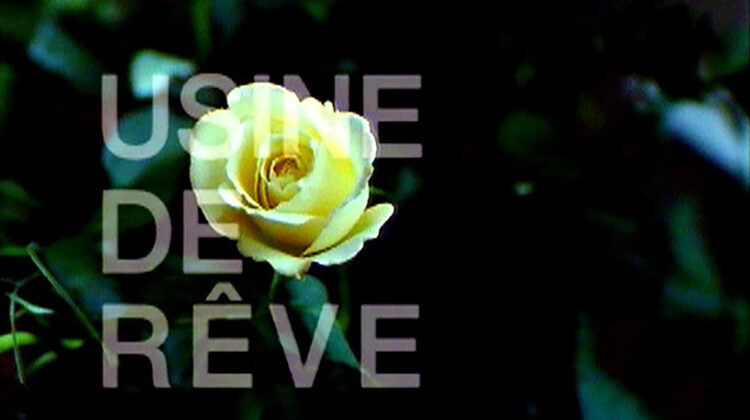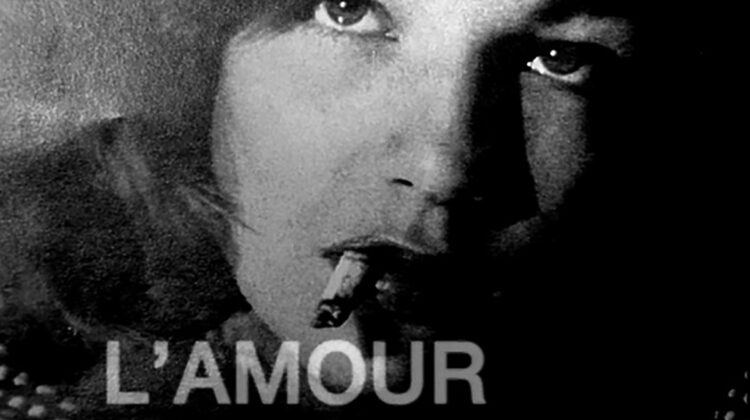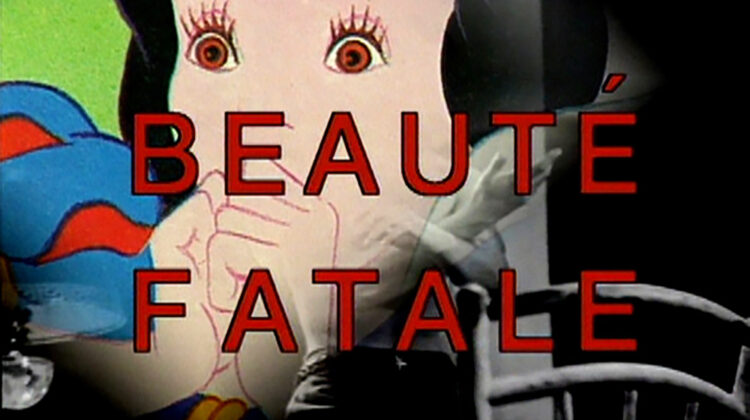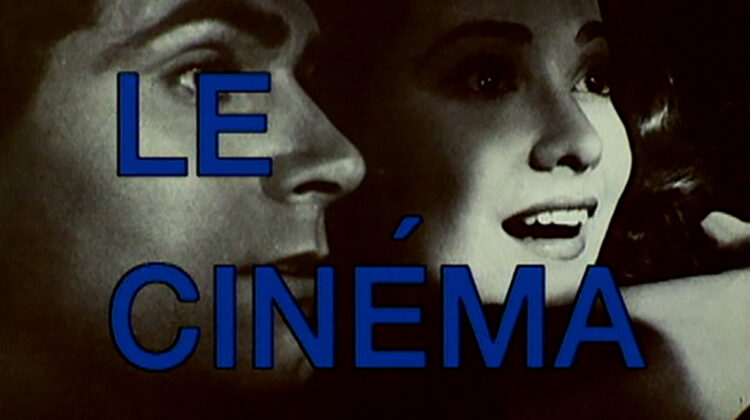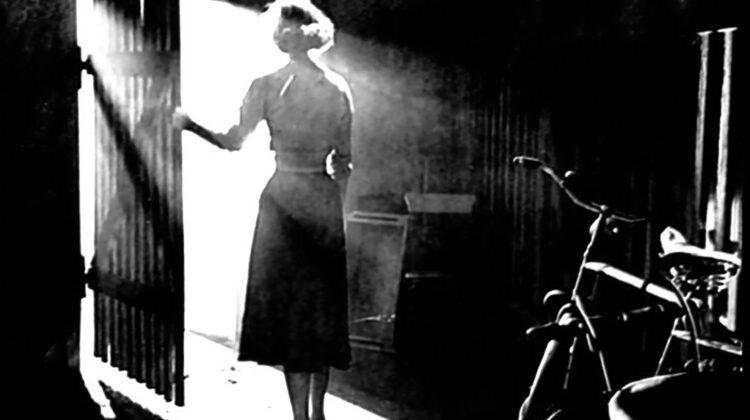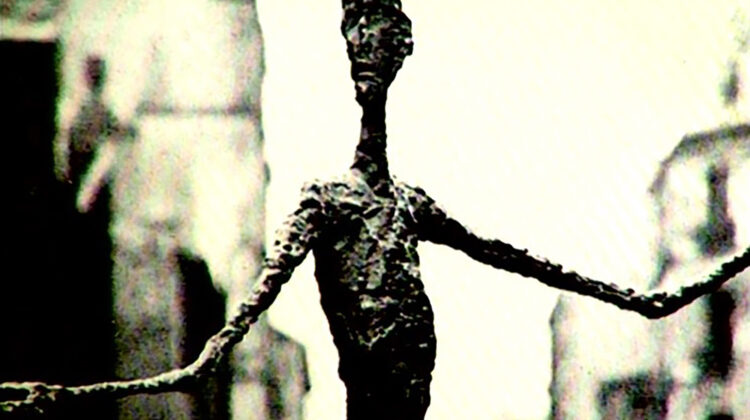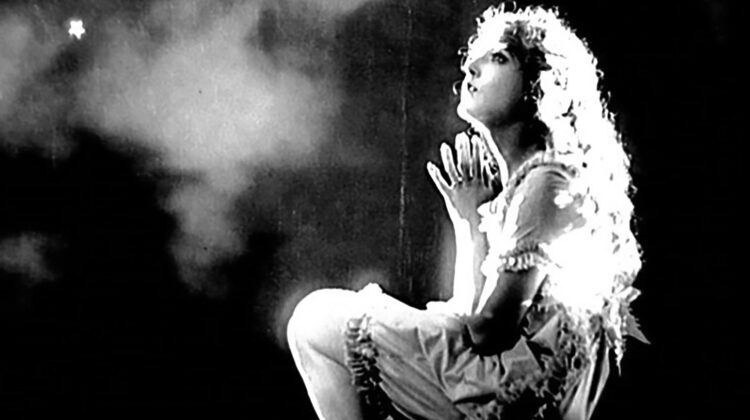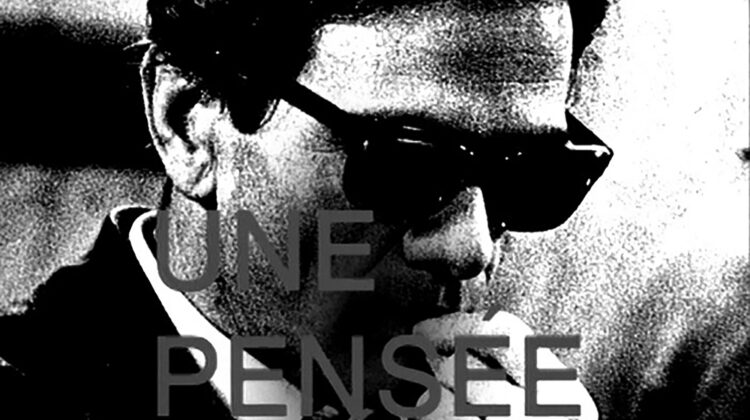JLG Forever
- Histoire(s) du cinéma
- France1998
- Jean-Luc Godard
- 266 DVD
- NR
- JLG Forever
Screening Dates
- September 22, 2024 1:00
- October 20, 2024 1:00
“Subsuming both the history of cinema and the history of the 20th century in its glorious density, Godard’s magnum opus is utterly unique: there has never been anything else like it in cinema … A signal event, and one that every Godardian and cinephile must see at least once.”
James Quandt, TIFF
This massive, meditative, mosaic history of cinema is undeniably one of Godard’s supreme achievements—for many, his magnum opus. The formidable work can be traced to a series of lectures delivered by Godard at Montreal’s Concordia University in 1978, published two years later as Introduction à une véritable histoire du cinéma. Histoire(s) du cinéma, produced for French television, was conceived as the video-essay counterpart, though its tendrils would extend far beyond. Indeed, few could have predicted the scope and ambition of Godard’s finished project: a four-and-a-half-hour interrogation of the 20th century’s defining artform, densely assembled from untold media clippings (movie, music, painting, literature) foraged by the culturally omnivorous philosopher-cineaste, presented in eight installments over a ten-year period. Its trenchant thesis concerns cinema’s failure to forestall the Holocaust, a blight that, not unlike in Gilles Deleuze’s twin Cinema treatise, cleaves film history into pre- and postwar epochs. A staggering summa.
In French with English subtitles
Part 1(a): Toutes les histoires (All the [Hi]stories) (51 min. 1988)
Part 1(b): Une histoire seule (A Single [Hi]story) (42 min. 1989)
Part 2(a): Seul le cinéma (Only the Cinema) (26 min. 1997)
Part 2(b): Fatale beauté (Fatal Beauty) (28 min. 1997)
Part 3(a): La Monnaie de l’absolu (The Coin of the Absolute) (26 min. 1998)
Part 3(b): Une vague nouvelle (A New Wave) (27 min. 1998)
Part 4(a): Le Contrôle de l’univers (The Control of the Universe) (27 min. 1998)
Part 4(b): Les Signes parmi nous (The Signs Among Us) (38 min. 1998)
There will be a 15-minute intermission between Parts 2(b) and 3(a).
“Perhaps, like Joyce’s Finnegans Wake, this is not a work to be read but a work to be read in: to be picked up and put down, sampled and considered, over a period of time. Jean-Luc Godard took 30 years to compose his Histoire(s). It might take just as long to absorb it.”
Dave Kehr, The New York Times
“Few filmmakers apart from Godard would be able to mount a discourse on the 20th century’s art and thought process as broad and extensive as this … Godard presents his thoughts as a bottomless reservoir. They prick our consciousness and allow new ideas to seep into the fissures.”
Marjorie Baumgarten, The Austin Chronicle
